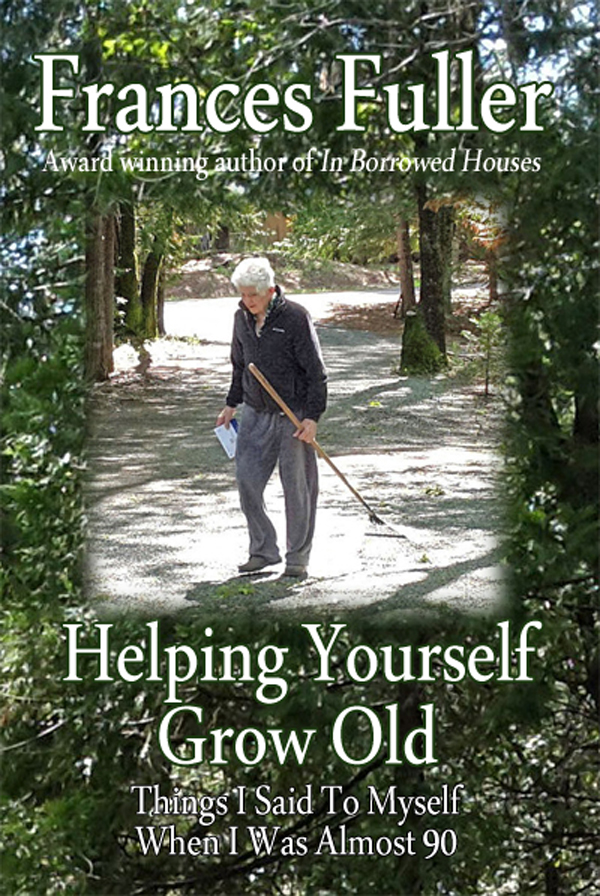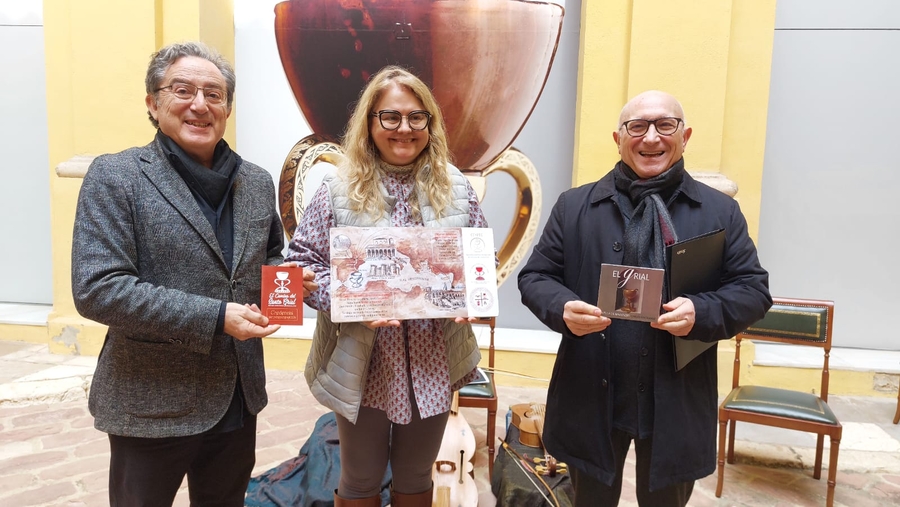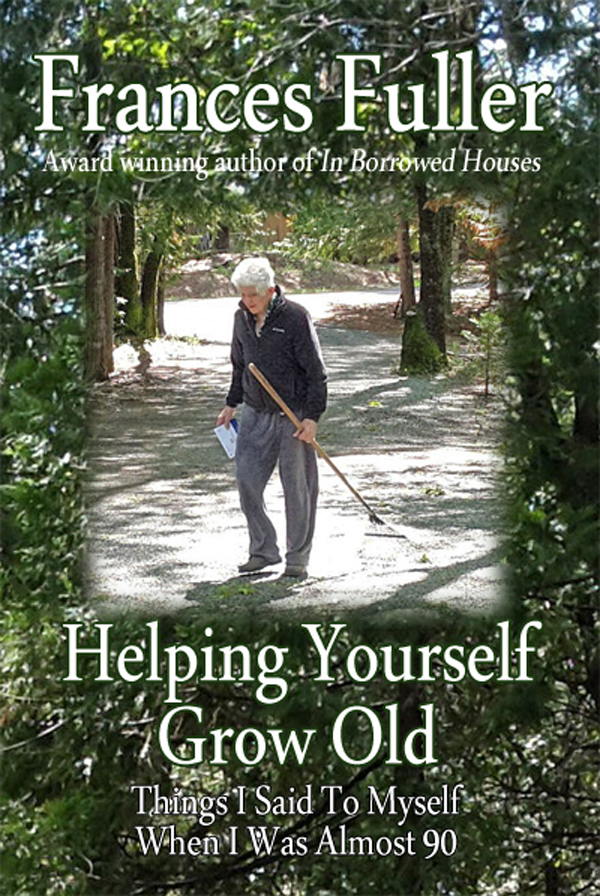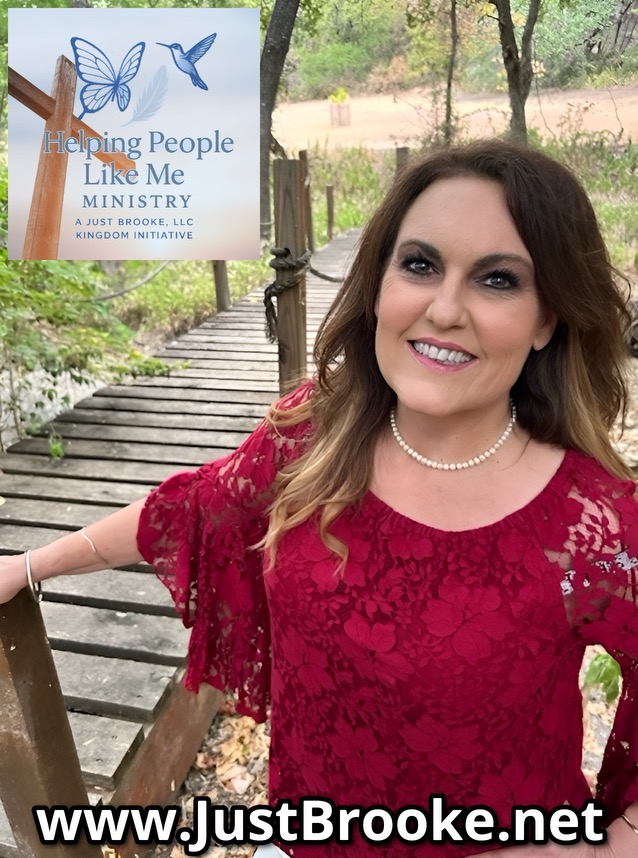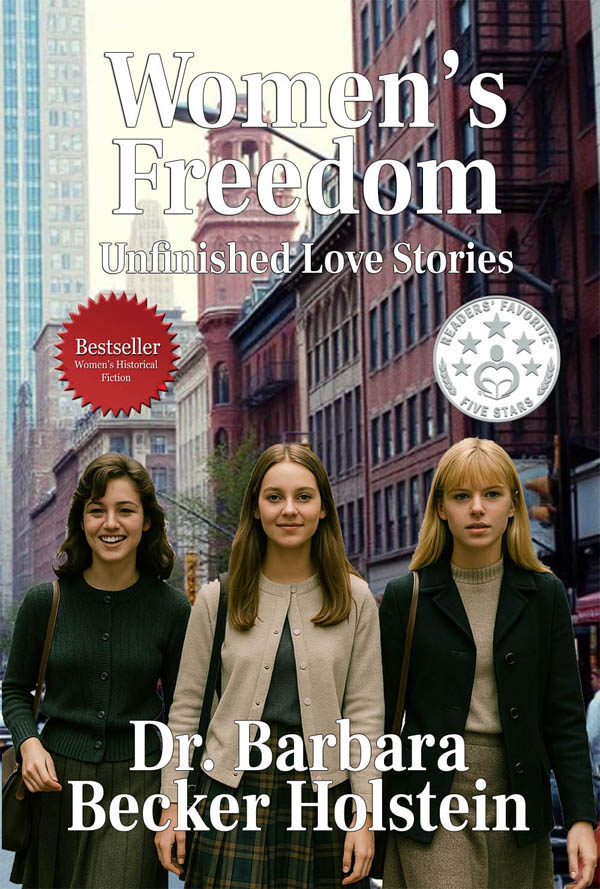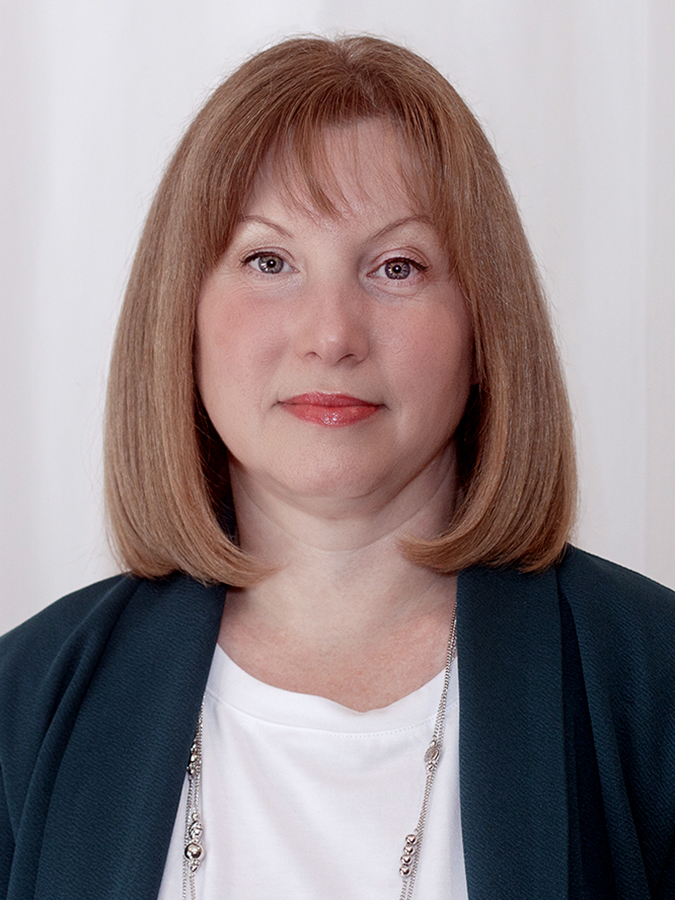Best-selling author Frances Fuller offers an insider’s view of assisted living and a unique outlook on aging, based on her own experience. Her insights are penetrating and deal with issues that many seniors and their families are concerned about.
WILMINGTON, NC, February 20, 2025 /24-7PressRelease/ — Many of us worry about losing our mental faculties as we age. Mild forgetfulness—such as occasionally misplacing items or needing more time to recall names—is common and typically reflects normal aging rather than cognitive decline. Dementia is another subject altogether. That said, if we do make the decision to enter an assisted living facility, it is important that memory care resources are available, if needed.
Frances Fuller, author of the best-selling book on aging, ‘Helping Yourself Grow Old,” recently published a blog post titled, “A Question to Ask: Is There Memory Care?” in which she addressed this important consideration. In that post she stated in part:
A home for the aging is not complete without a Memory Care ward, though we all hope never to need it. And the happy news is that most of us will not need it. We don’t belong there just because we are forgetful.
Forgetfulness is normal. We walk into a room and think, “Why did I come in here? I was trying to pay a bill. Oh, yes, I need my checkbook.” In the midst of a stressful moment, someone asks for your phone number, and you stumble, mix it up with your social security number or another number you frequently call. Though we are annoyed, we laugh at ourselves and go on. We are not candidates for Memory Care.
But not all mental failures are natural and acceptable.
A woman who impressed me as highly intelligent and capable was missing one day from the elder home in which she lived. An administrator called the police who found her more than a mile away. She had an explanation, totally logical to anyone who did not know her. The police returned her to the home, and the next time this happened, her family admitted that she had to be in Memory Care, which is a locked ward.
There are numerous types of memory loss, each originating in a specific part of the brain. Alzheimer’s is a disease. It is not part of the normal process of aging. Likewise some other forms of dementia are serious illnesses.
Experts in this field know from a patient’s behavior which part of the brain is affected. A qualified memory department must be staffed with such trained people who understand and can identify the specific problem of each patient. This enables them to react in helpful ways to issues that arise and enable each patient to function to their fullest ability. And to be safe. This is crucial to those who love them.
As with other illness, quality of life varies according to the severity of problems.
In Memory Care departments group activities are important. Most of the residents are unable to focus on a lecture of any kind, so a presentation should involve familiar objects or sounds. I discovered when visiting our memory ward that the residents responded with great interest to my stuffed animals. They wanted to hold them, rub their fur, talk to them. Probably these objects brought back youthful experiences, made patients feel more alive. In fact, one permanent area of the ward features materials to touch: rough materials, smooth stones, movable things like zippers. Residents seem to crave tactile experiences and become more alert in response.
Music is the most popular activity of all and apparently the most therapeutic. The mood in a roomful of patients changes, just because someone sits down at the piano and touches the keys. At the sound of a familiar song residents become more alert and happy.
The full post is available at https://www.inborrowedhouseslebanon.com/a-question-to-ask-is-there-memory-care/.
In ‘Helping Yourself Grow Old, Things I Said To Myself When I Was Almost Ninety’, Frances provides readers with a closeup view of what it means to age well.
Unable to find a guidebook for aging, Fuller decided that she must figure out for herself how to live wisely through the puzzles and possibilities of aging, and while she learned she wrote. The result is thirty-eight personal essays, most of them resolves, promises she is making to herself and her family. In them she deals with such issues as grief, loneliness, physical limitations, fears, duties, and with the significance of her own life story. Guided always by her Christian faith, she tries to make sense of her own past and to understand her responsibility to younger generations. In the process she shares her daily life, enriched with memories from her fascinating experiences. Her stories and her voice—fresh, honest, irresistible—keep the reader eager for more. Her questions are universal. Her answers create a map through the challenging terrain of old age.
Frances Fuller’s book is unique among the many books on aging, because it is personal, while most such books are written from an academic point of view. Most are penned by sociologists, doctors, gerontologists, even the CEO of AARP, and one by a Catholic nun, Joan Chittister. Chittister’s book, ‘The Gift of Years’ is beautifully written, focusing on spiritual values and finding meaning in life. Chittister admits in the preface that she was only 70, which is the front edge of aging, and her book is somewhat abstract.
Atul Gawande’s book, ‘On Being Mortal’, relates medicine and old age, It enjoys high Amazon rankings, in the category of “the sociology of aging.” It contains a great deal of valuable scientific information and shows understanding of the physical and emotional needs of the elderly.
Frances Fuller’s book, ‘Helping Yourself Grow Old, Things I Said To Myself When I Was Almost Ninety’, is an up-close and very personal encounter with aging. It is an uncontrived and firsthand look at her own daily experiences: wrestling with physical limitations, grief, loneliness, fears, and the decisions she has made about how to cope with these and keep becoming a better person. She faces regrets and the need to forgive herself and others and is determined to live in a way that blesses her children and grandchildren.
Frances deals with many common, universal but sometimes private issues in an open, conversational tone. Her confessions and decisions invite self-searching and discussion. She tries to make sense of her own past and to understand her responsibility to younger generations. In the process she shares her daily life, enriched with memories from her fascinating experiences. Her stories and her voice — fresh, honest, irresistible — keep the reader eager for more. The end result is a book that helps create a detailed map through the challenging terrain of old age.
The result of this intimate narrative is that readers laugh, cry and identify with her mistakes and problems. Reviewers have called the book, “unique,” “honest,” “witty,” “poignant,” “challenging” and “life-changing.”
For these reasons it is a book unlike any other book on aging you will ever read. The book can serve as a primer on what lies in store for all of us, from someone who is working through many of these issues. While the book is a perfect fit for book clubs, there are many other individuals and groups who could benefit from the information and ideas in the book:
Those approaching retirement
People who are currently retired
Children of aging parents
Those who have lost a spouse
Retirement community discussion groups
Counselors
Educators
Life coaches
Church groups (men and women)
and a host of others. For group discussions, Fuller has made a set of discussion questions available at her website at http://www.FrancesFullerAuthor.com.
Readers have lavished praise on the new book. One Amazon review stated, “I find myself thinking,’I need to read this again and take notes!’ It’s full of wisdom, humor, and grace. I also have committed to rereading it annually – it’s that important!” Another said, “There is valuable life experience in this book. Helping Yourself Grow Old is truly is a book for all ages, and one not to be missed.” Another stated, “Beautifully written book telling timeless truths, for both the old and the young. Highly recommend this book for anyone who loves to laugh, cry, and learn wisdom from someone who has lived so much life.”
Frances’ prior work, ‘In Borrowed Houses’, has taken three industry awards and has achieved Bestseller status. Frances Fuller was the Grand Prize winner in the 2015 ’50 Great Writers You Should Be Reading’ Book Awards. It received the bronze medal for memoir in the Illumination Book Awards in 2014. Northern California Publishers and Authors annually gives awards for literature produced by residents of the area. In 2015 ‘In Borrowed Houses’ received two prizes: Best Non-fiction and Best Cover.
Critics have also praised ‘In Borrowed Houses.’ A judge in the 22nd Annual Writer’s Digest Self-Published Book Awards called ‘In Borrowed Houses’ ” . . a well written book full of compassion . . . a captivating story . . . “. Another reviewer described the book as “Wise, honest, sensitive, funny, heart-wrenching . . .”. Colin Chapman, lecturer in Islamic Studies at the Near East School of Theology in Beirut said, ” . . . western Christians and Middle Eastern Christians need to read this story…full of remarkable perceptiveness and genuine hope.”
Frances has shared stories about her life in an interview with Women Over 70, and a recording is available on their Facebook page.
Frances Fuller is available for media interviews and can be reached using the information below or by email at frances0516@att.net. The full text of her latest article is available at her website. Fuller’s book is available at Amazon and other book retailers. A free ebook sample from ‘In Borrowed Houses’ is available at http://www.payhip.com/francesfuller. Frances Fuller also blogs on other issues relating to the Middle East on her website at http://www.inborrowedhouseslebanon.com.
About Frances Fuller:
Frances Fuller spent thirty years in the violent Middle East and for twenty-four of those years was the director of a Christian publishing program with offices in Lebanon. While leading the development of spiritual books in the Arabic language, she survived long years of civil war and invasions.
—
For the original version of this press release, please visit 24-7PressRelease.com here

